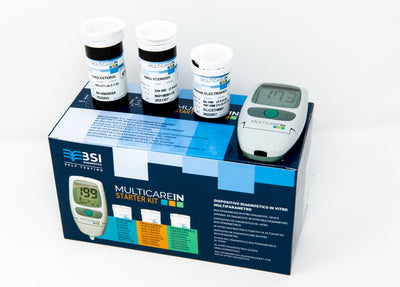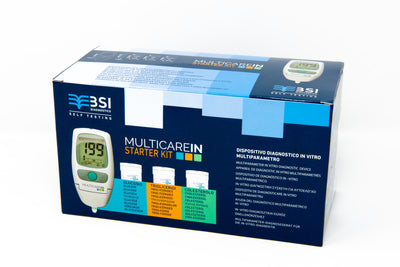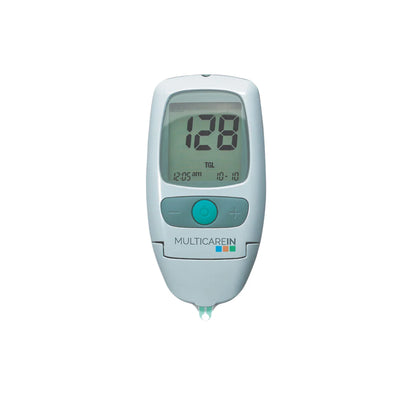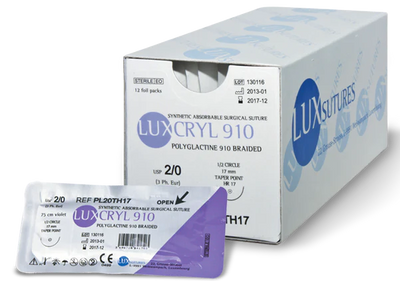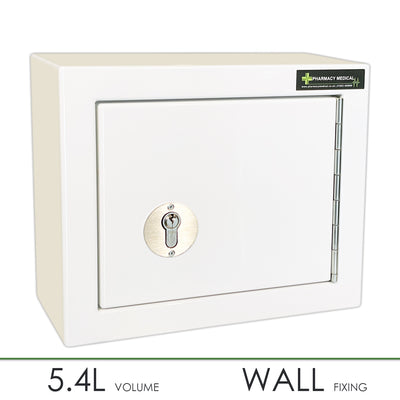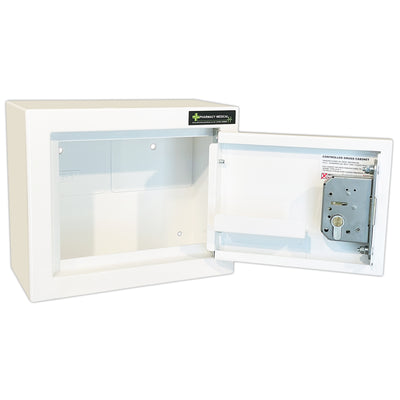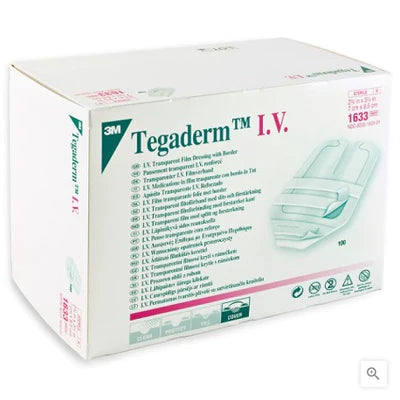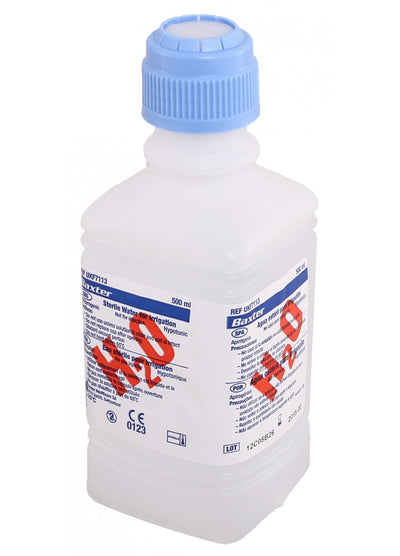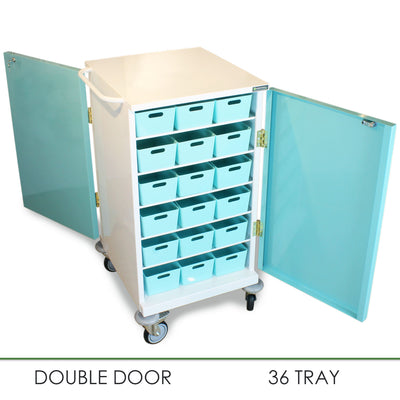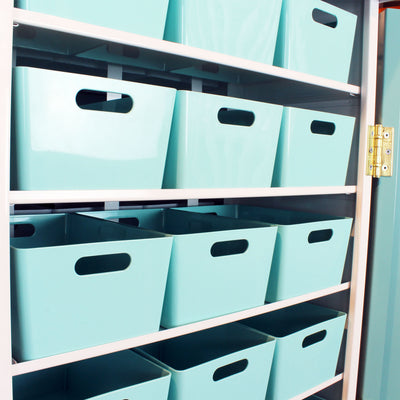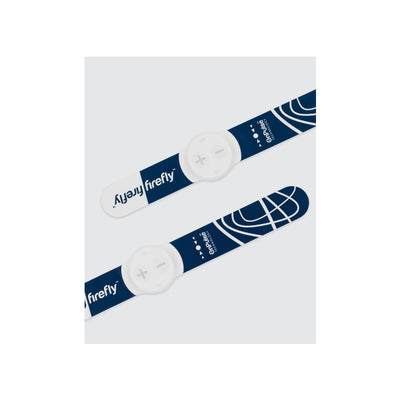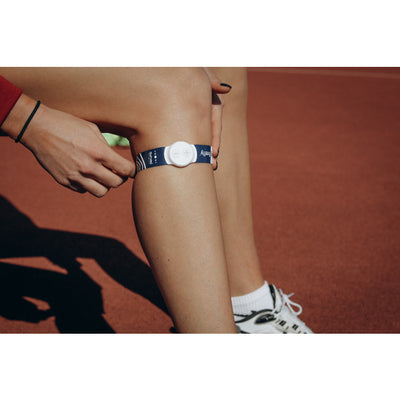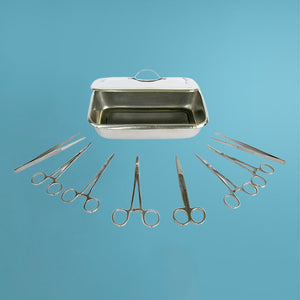Essential items for your first aid kit
With any luck, our at-home first aid kits will mostly be gathering dust in the cupboard but on those occasions when accidents happen at home, it’s essential that your kit is in good condition and filled with the basics required for treating minor ailments on the spot. When was the last time you checked if your first aid kit was fit for purpose should an accident occur in your house?
Why not take the time TODAY to follow our check list and get your small emergency response kit ready for action?!
Key Essentials to include:
- Waterproof or Fabric Plasters
- Skin Closure Strips
- Antiseptic Wipes
- Small and Medium gauze sterile dressings
- Microporous tape
- Tweezers
- Small nail scissors
Many of these items, and more, will already be found in most ready-made First-Aid Kits which will also include items like cool packs, eye wash vials, triangular bandages and even foil blankets, but these 7 items are the top essentials to keep up to date in your kit.
In addition we’d highly recommend taking your kit to the next level with these extras:
Additional Essentials:
- Thermometer (preferably digital and either the forehead, oral or in-ear type). Always keep spare batteries in the kit too.
- Painkillers - paracetamol, aspirin and ibuprofen
- Antihistamine Cream for stings and bites
- First Aid Manual - a hugely useful addition to your kit and a potential lifesaver. Teaches you how to deal with minor injuries from splinters to burns, as well as how to respond to life threatening scenarios like heart attacks and strokes.
- Oximeter - for measuring blood oxygen levels (particularly useful for monitoring patients suffering from Covid at home).
First Aid on the Move
Small accidents don’t only happen in the home, and when you have a young family, in particular, it can sometimes feel like you are endlessly dealing with minor issues that require a plaster or more. So we would definitely recommend that you pop a Car First Aid Kit in your glovebox for those emergencies as well as a smaller kit with some plasters, microporous tape and antiseptic wipes in your bag.
We can also recommend a Dental First Aid Kit - for dealing with those toothaches and dental issues that will inevitable happen ‘out of hours’.
Do an Annual MOT!
We recommend that you do an annual check on your home first aid kits to replace any used items, make sure the plasters etc are still in good condition, check that the medicines are still in date and replace the batteries on any digital apparatus. It’s also a very good idea to make sure that you keep your kit somewhere easily accessible (making sure it’s out of reach of very small children) and that everyone in your household knows where to find it and what to do with the items it holds.
If you and your household are keen to further your first aid skills, there are some fantastic (and often free) courses available. Take a look at the St. John’s Ambulance or British Red Cross websites for their excellent resources on first aid training.It’s likely that in the ‘panic’ of the moment we might forget the best protocol for dealing with a burn or gash etc, so taking a good first aid course will give you the extra skills you might need to manage any of these small emergencies with confidence.
Need more help with buying your first aid kit essentials? We're always here to help.
For all your Medical and Homecare supplies give us a call at Mediworld.
We have over 40 years experience in medical, surgical and home health supplies and we're always on hand to chat if you need support or advice. Follow us on Twitter and Facebook.
Photo by Kristine Wook on Unsplash
September 2022
